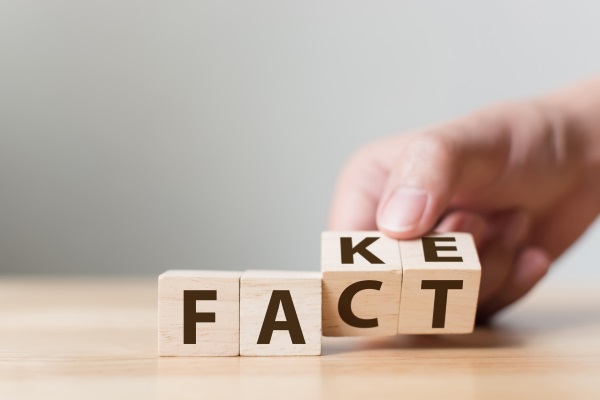 |
| Source from The Optimus Blog |
The media's job is to make sure that the information they put out to the public is factual and objective, and, by proxy, this becomes the journalist's job. There are many things that a journalist must keep in mind when reporting and/or writing a story, and making sure their own and other people's biases don't affect the story is one of them. Bias can include anything from regular opinions to political affiliation, to preferences, and is defined by Google as "prejudice in favor of or against one thing, person, or group compared with another, usually in a way considered unfair." Unfortunately, biases within the media have existed since the nineteenth century, and there seems to be no improvement as of late. Bias in media publications is another problem that needs to be corrected. There are many dangers that media biases can lead to but here are just a few examples.
Undoubtedly, media biases can lead to censorship. For example, if a particular media outlet is biased against a specific belief, it can lead to that belief would not being covered and make the public out of the news. Another danger of media biases is that they can be politically driven, leading to specific news sources only putting out information on the democratic or republican party depending on which one they follow, leading to people only knew about that party. The last danger of media biases that I should mention is reporting bias. If a journalist writes a piece that they are biased about, they can put a specific spin on the article, making it so that the readers perceive it with the same viewpoints as the journalist.
With many problems that follow in its wake, it should also be more seriously documented and watched for. However, consumers of news sources should also keep in mind that everything in newspapers and magazines is also a product of people. Even if they are aware of biases, they might have still unintentionally included their own bias within their own story.
No comments:
Post a Comment